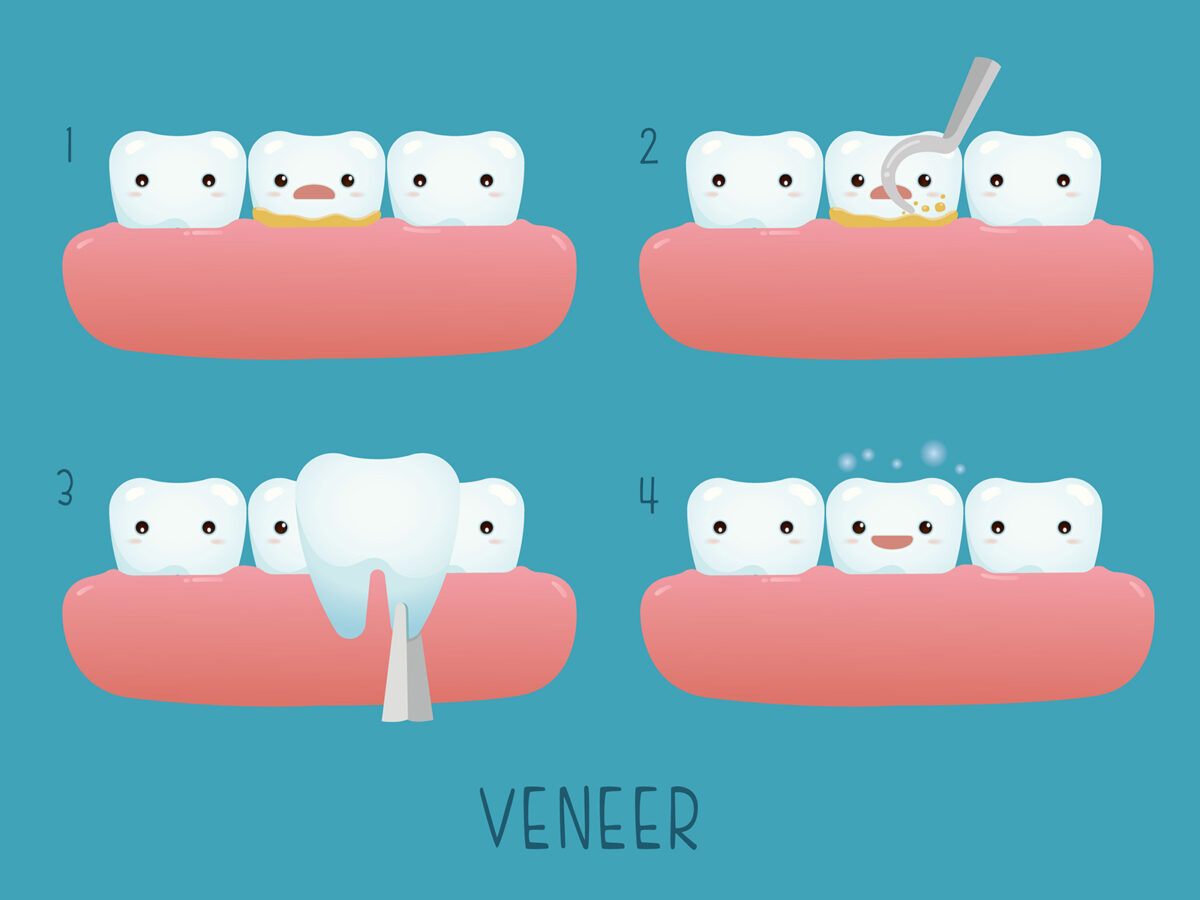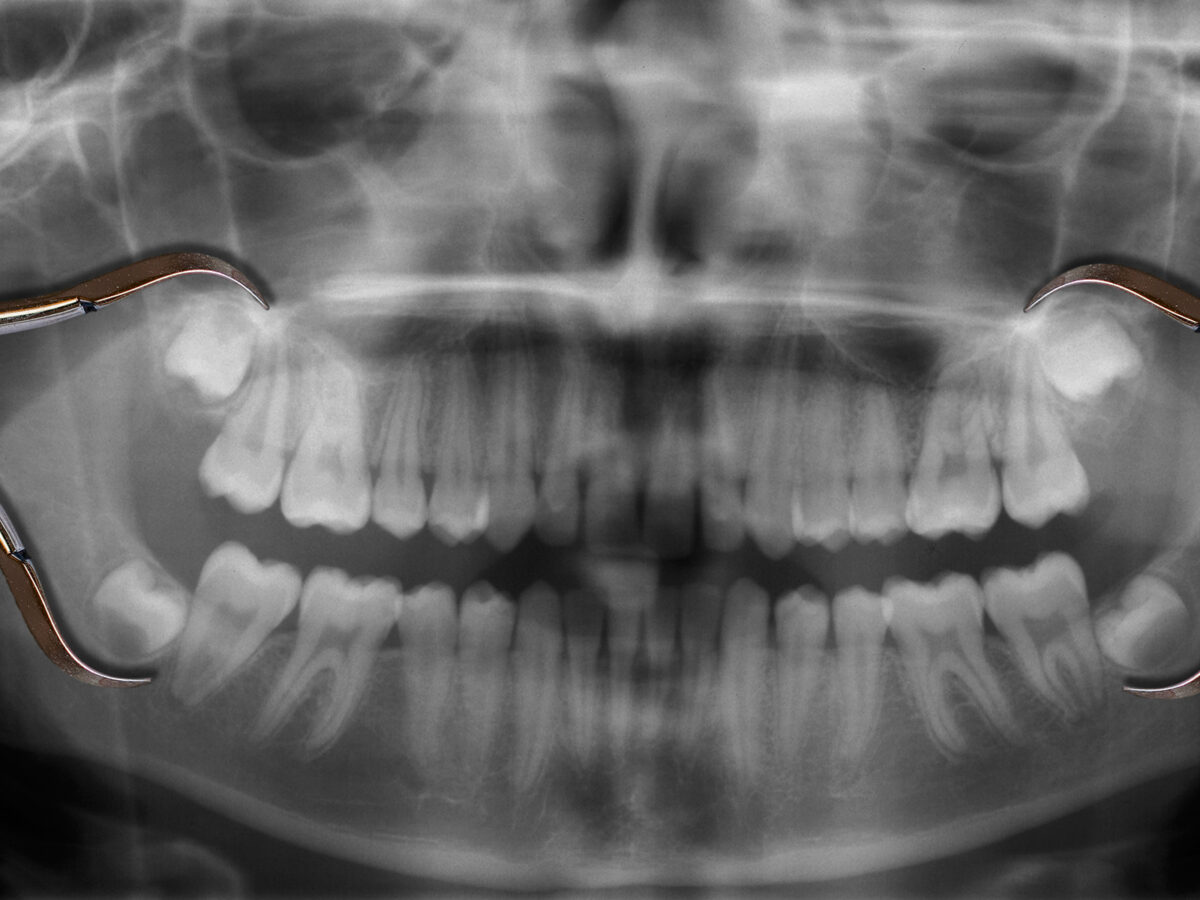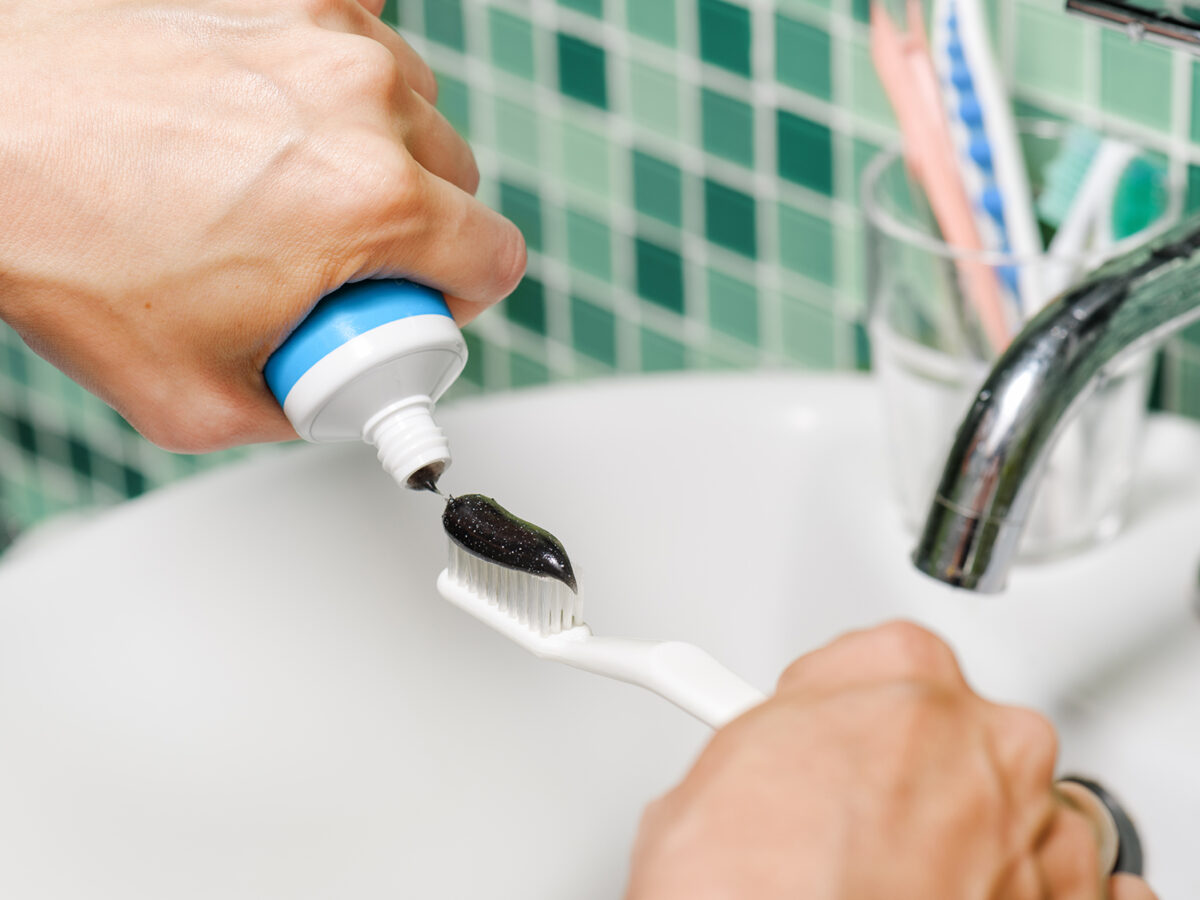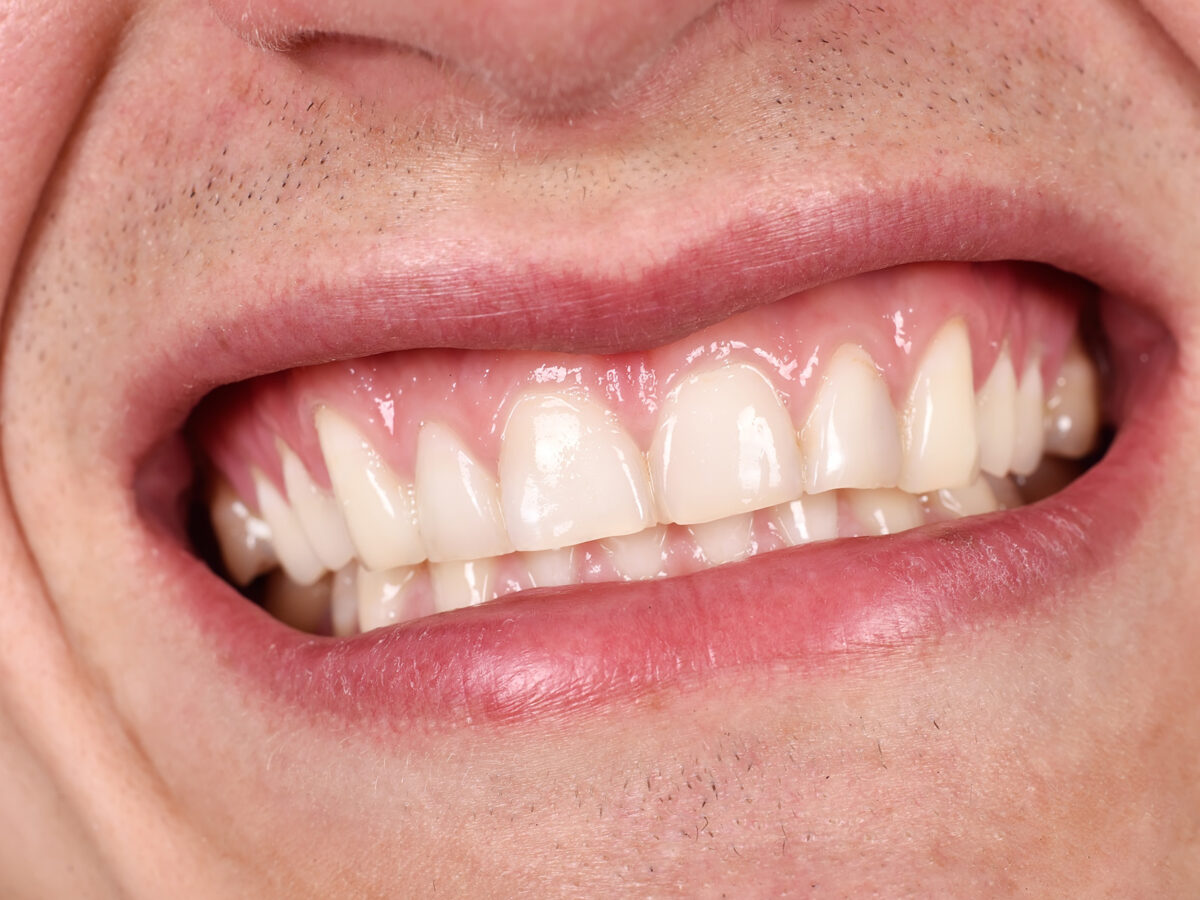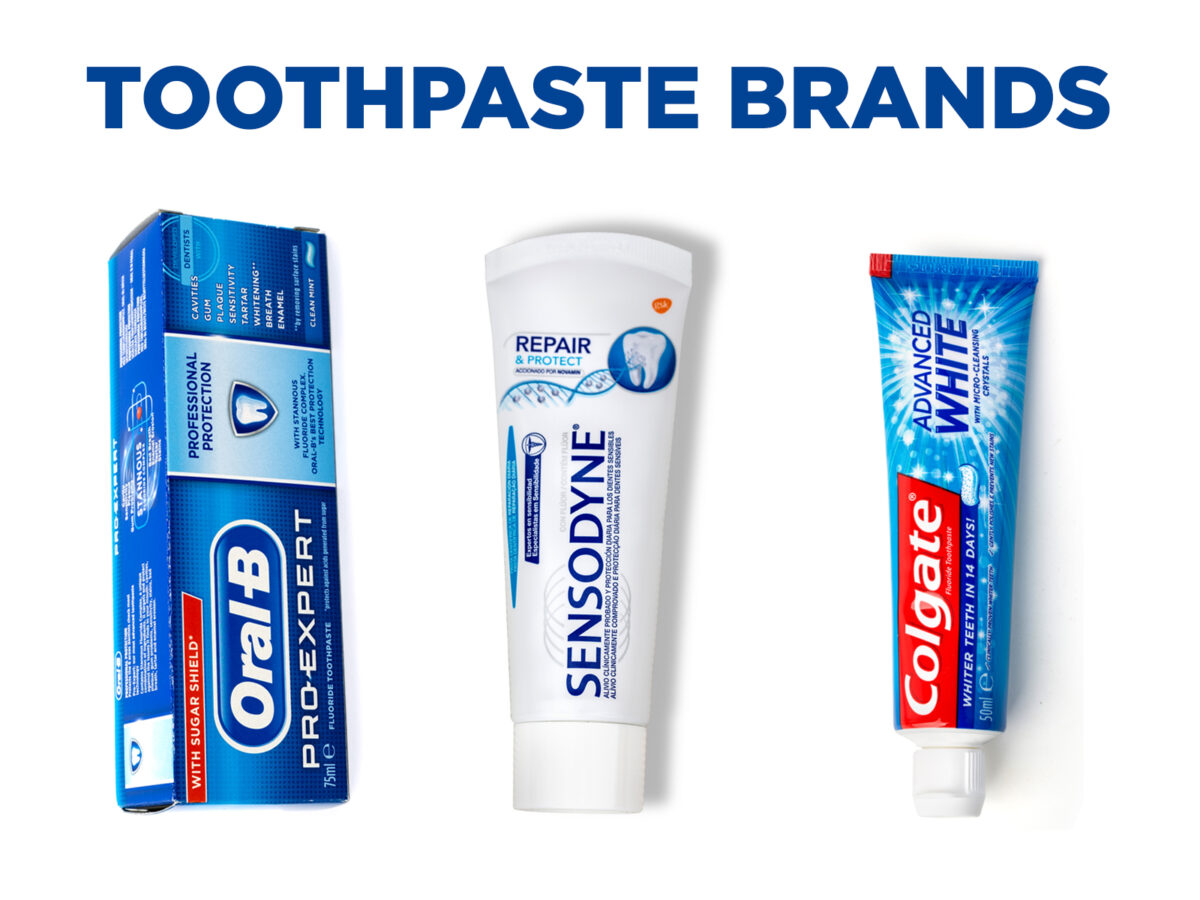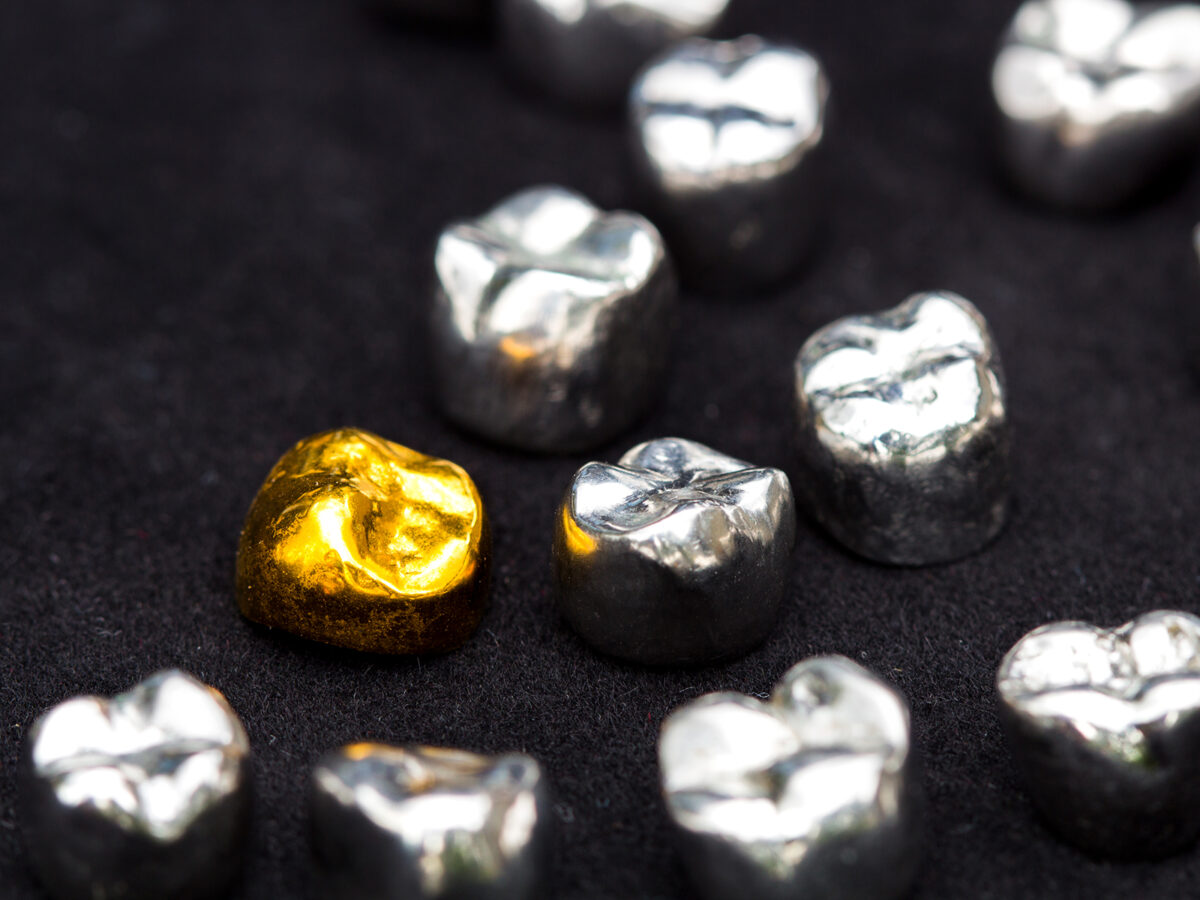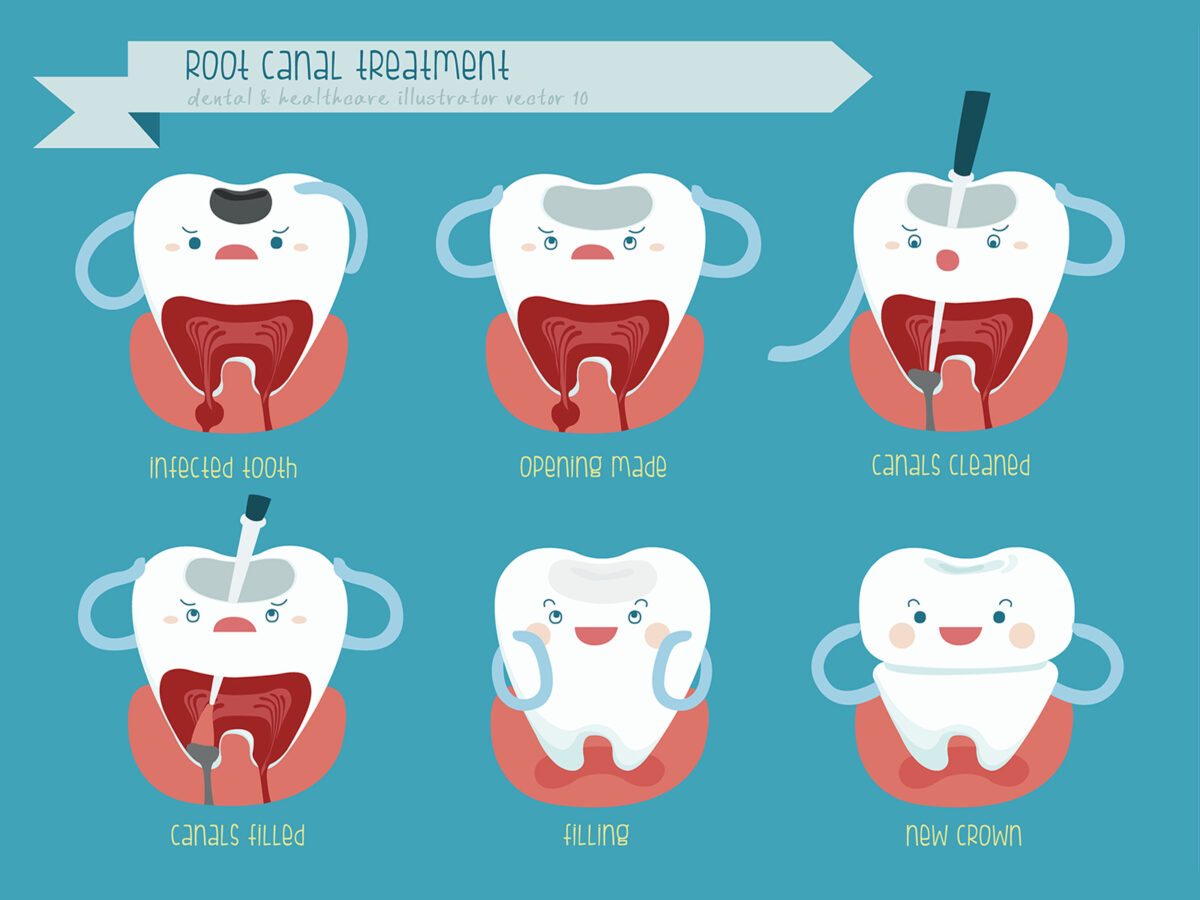Veneers are a fast way to get a beautiful smile, and they are ideal for people who have stained, chipped, or gapped teeth. However, veneers are a long-term solution, and having them placed is a huge decision. It is critical to know the appropriate information regarding veneers, their cost, and how to care for them before you and your dentist decide the operation is suitable for you.
Dental veneers are delicate, tooth-colored shells that cover the front surfaces of teeth to enhance their appearance. They are usually composed of porcelain or resin composite materials and are glued to your teeth permanently. When a tooth is cracked or chipped, some people only need one veneer, but most people need six to eight veneers to achieve an equal, symmetrical smile.
Why are Dental Veneers Used?
Veneers are a less noticeable alternative to crowns or braces. They can be used to fill in gaps and rectify minor alignment issues. Patients may also pick veneers as a cosmetic option to brighten their teeth and straighten their smile, repairing concerns such as discoloration, fractures, or chipping. They help in improving the smile as a beautiful smile makes you feel good and can boost your confidence and well-being.
Difference between composite and porcelain veneer
Composites may usually be fabricated while you wait, allowing for same-day treatment. Instead of being molded and sculpted in an offsite facility, they are shaped and sculpted on your teeth. Reversibility is another advantage of composite veneers. At the same time, Porcelain veneers are the best option for fixing shape and color concerns. In this process, reshaping of teeth is required.
Benefits of Dental Veneers:
The most significant advantage of veneers is that they improve the appearance of your teeth, resulting in a brighter and more even smile. Veneers are frequently used to address the following cosmetic issues:
- Small teeth
- Teeth with gaps
- Differently shaped teeth
- Broken teeth
- Unevenly colored or discolored teeth that can’t be treated by whitening
Precautions to follow after dental veneers
- Brush and floss your teeth after dental veneers the same way you would your regular teeth.
- Limit your intake of coffee and other stain-causing foods.
- Keep in mind that no matter how properly you care for your veneers, they will need to be changed at some point.
- Biting your fingernails and chewing on harsh items like pencils or ice should be avoided.
- If your bite doesn’t seem correct after the veneer has been fitted, consult your dentist.
- Maintaining good oral hygiene will help them last long
- Cavities can still form beneath or around veneers.
If you’re thinking about getting veneers, talk to your dentist and make sure you understand the entire procedure and cost. Veneers have a lifespan of 7 to 15 years. The veneers would need to be replaced after this period.
Book an Appointment to find out which treatment might be best for you.

